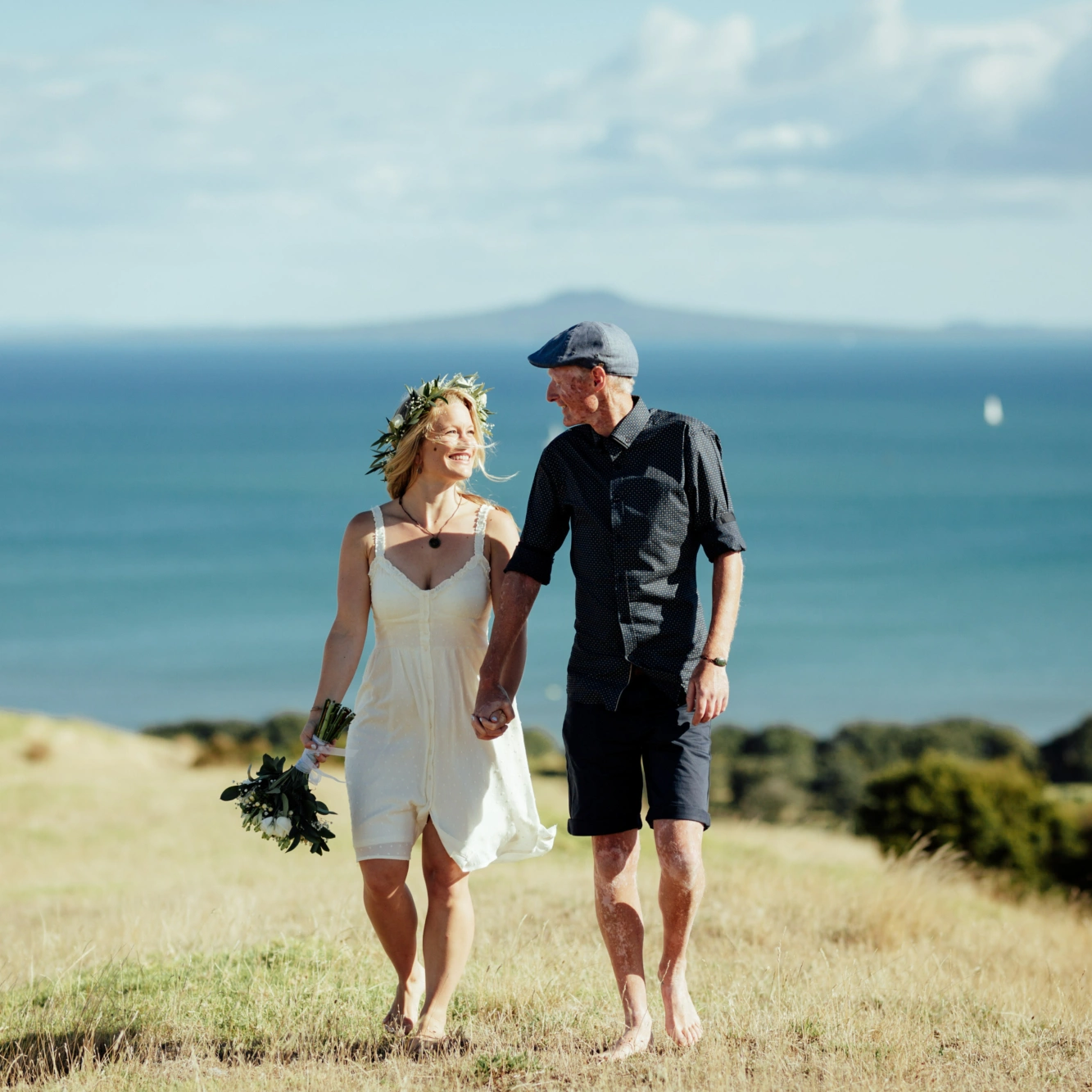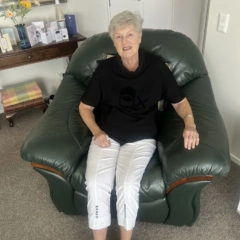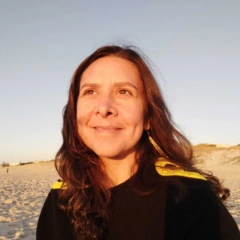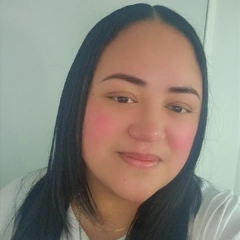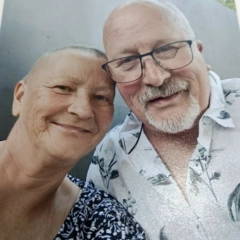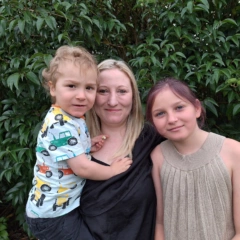A second chance at life
Josh Komen is 36 and lives in Greymouth with his wife Sibille and daughter Maja. A decade ago, at age 23, he was one of the fastest runners in New Zealand. But his body began to break down. “I stopped running, entered a bike race… and then fell off my bike! I didn’t know what was going on.”
He went home, slept for a week, and developed night sweats. His doctor couldn’t figure out what was wrong. It wasn’t until Josh collapsed in front of his brother and was taken to the hospital that he learned he had acute myeloid leukaemia. Eight months of chemotherapy lay ahead of him.
“I didn’t even know what leukaemia was, or that you could have cancer in your blood. I thought all cancers were an immediate death sentence.”
Josh fell into a deep depression.
“Eventually, I got into remission, and LBC was a big support through it. Not just the financial support for fuel and parking, but also Helen was just amazing. She’d take me out for coffee, have a chat, and just be a supportive friend.”
At the end of 2011, Josh reflected on what was next for him. “I decided I’d achieve some of my childhood dreams, while I still could.”
Josh visited the Everest Base Camp in Nepal, and he remembers one moment in particular: watching kids playing barefoot in rubbish. “They smiled at me with these beautiful smiles. And I thought, holy moly. I’m pretty lucky to suffer in such good conditions here in New Zealand... We have fantastic doctors, nurses and a good healthcare system. I had adequate food, a comfortable bed and my Mum who looked after me.”
Another dream Josh had was to skydive. “I wanted to overcome my fear, jump out of a plane, and land on the ground. And I did, and it was the most freeing moment of my life.”
But that freedom was short-lived, because he then relapsed. Josh always knew there was a chance the cancer could return. But he didn’t expect it to be more painful the second time. “I had even more chemo, and I slipped into a 10-day coma. My family were told I may never wake up. Thank goodness I did.”
Next, Josh had an allogeneic stem cell transplant. There was only a short window in which it could happen, as his donor was a young girl in Germany. Again, he was told there was a high chance he would die. It took an entire year for his body to accept the transplant. “I was able to fly to Germany to meet my donor. And… words weren’t really enough to thank her.”
“But by the time I got back, I had developed this horrific thing called trigeminal neuralgia, an extremely painful condition that affected the trigeminal nerve in my face. I was on every pain medication you could think of.”
By now, it was 2017 and Josh was 28. He had developed a severe chronic graft versus host disease, or GvHD, which meant he needed to go to Melbourne for specialised treatment. “I was so far from my friends and family, and it felt like my life had been taken away. I fell into depression again.” Josh started having frequent heart attacks, and he was flying back and forth between Melbourne and New Zealand every two months for treatment.
“One day, I was on a plane that was full apart from one seat, between me and a woman from Switzerland. We started talking, and she mentioned that she was backpacking around New Zealand and Australia.”
“I asked her about her work, and she said, ‘I’m an oncology cancer nurse.’ I smiled, and said, ‘Well I’ll tell you why I’m in Australia.’” The woman was interested in his treatment at the Peter McCallum Cancer Centre. So, as Josh calls it – his ‘pick-up line’ – was to ask if she wanted to come and see the Centre. They agreed to meet at the Centre at 10am, but Josh was asked to come back three hours later. “We spent the morning together, getting to know one another, and then went back to the Centre. Then we spent the rest of the week together.”
“That’s how I met my wife, Sibs.”
“I didn’t have a job, I was on the sickness benefit, living with my parents, and she moved all the way over to New Zealand for me. She got a job here, and after a couple of years, I started working too, and we bought a house together.”
Josh and Sibille had their first daughter, Maja, born through IVF from a sperm sample that Josh gave when he was first diagnosed.
“Thanks to LBC, I can live life to the fullest. They played a pivotal role in my wellbeing and support. I can’t speak highly enough of Helen – she did so much for me.”
Now, at 36 years old, Josh isn’t the fastest runner in New Zealand. He isn’t travelling the world or skydiving out of planes. He’s just grateful to be alive and to have his family with him.
“I’ve got a life I couldn’t even fathom when I was 23. As you can see, I’ve been pretty lucky.”
Fast Facts: Graft vs host disease (GvHD)
- GvHD is a side effect of an allogeneic stem cell transplant, affecting up to 80% of patients. GvHD happens when T-cells in the donated stem cells or bone marrow attack the patient’s own body cells. Some GvHD may be a good thing, because it means that the new immune system is working and is likely to be attacking any remaining disease cells
- GvHD can be controlled with medication and in most acute cases it will stop
- Chronic GvHD can be severe and long-term, lasting a few months or a lifetime.
